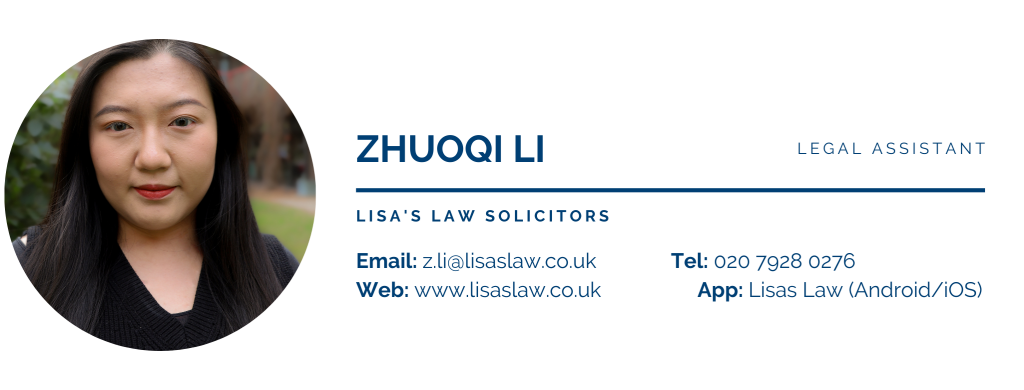The Court of Appeal, Civil Division, has rejected an appeal brought by the appellant against a ruling from the Upper Tribunal (Immigration and Asylum Chamber). This ruling had previously dismissed the appellant’s challenge to a decision from the First-tier Tribunal (Immigration and Asylum Chamber). The Secretary of State had curtailed the appellant’s permission to stay in the UK, alleging that he had cheated on a TOEIC (Test of English for International Communication) exam, which he had used in a prior application.
After losing his leave to remain, the appellant applied for asylum and later sought leave to stay in the UK based on his family and private life. These applications were refused by the Secretary of State, mainly due to suitability concerns. Both the First-tier Tribunal (FTT) and the Upper Tribunal (UT) dismissed his appeals, leading to a further appeal on procedural grounds.
Key Issues and Decisions
The primary issue was whether the hearing at the FTT was unfair because the judge allegedly stepped out of her neutral role and “descended into the arena.” The appellant contended that the judge’s conduct made the hearing procedurally unfair. However, the UT disagreed, concluding that the hearing was fair and that all evidence had been considered properly.
Court’s Analysis
Judges are advised to avoid excessive intervention during witness testimonies to maintain fairness. Each case must be evaluated based on its unique context and facts. The fairness of a hearing is judged objectively, considering that transcripts do not capture nuances like tone and manner of questioning.
In this case, the FTT’s questioned conduct occurred after the counsel’s examination of each witness. The judge allowed the counsel to ask further questions and then posed her own questions, which were extensive but not hostile. These questions were relevant to the evidence and central issues of the case.
The court found that the FTT’s behaviour during the hearing was within acceptable limits. The judge’s questions did not indicate bias or affect the fairness of the hearing. It was important to ask these questions to address any concerns, ensuring that the appellant and his witnesses had a fair chance to respond.
Ultimately, the UT’s decision that the hearing before the FTT was fair was upheld, and the appeal relating to TOEIC exam fraud was rightly dismissed.
Have questions? Get in touch today!
Call us on 020 7928 0276, phone calls are operating as usual and we will be taking calls from 9:30am to 6:00pm.
Email us on info@lisaslaw.co.uk.
Use the Ask Lisa function on our website. Simply enter your details and leave a message, we will get right back to you: https://lisaslaw.co.uk/ask-question/
For more updates, follow us on our social media platforms! You can find them all on our Linktree right here.






